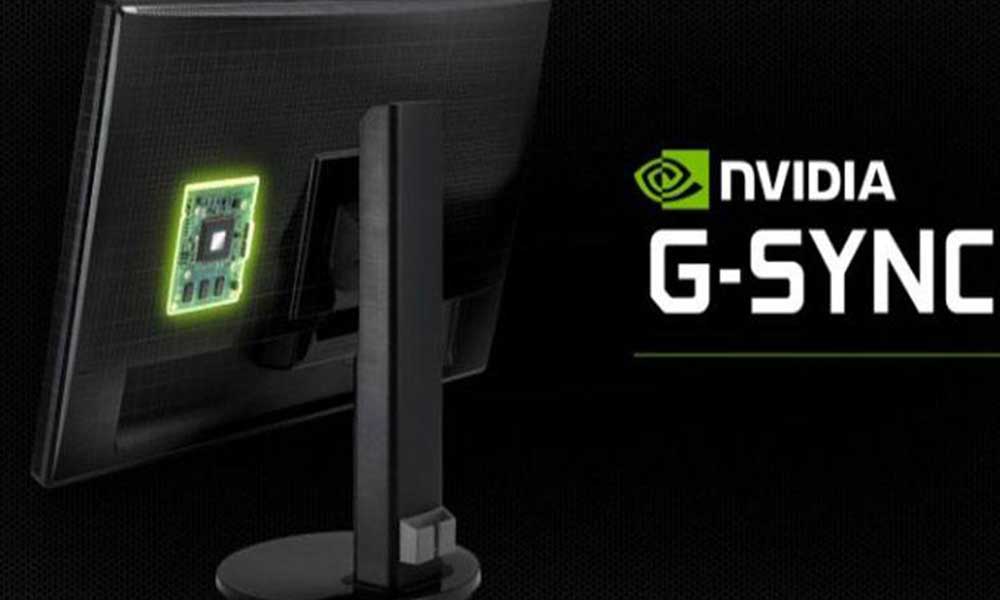Starting, FreeSync allows AMD graphics cards and APUs to control the refresh rate of an attached monitor. You’ll notice lags or stuttering if the GPU can’t output at the display’s refresh rate. With the FreeSync mode, the monitor refreshes the screen in sync with the current game’s refresh rate. However, if you’re unaware of how to Enable G-Sync on a FreeSync Monitor, check out this informative guide.
V-Sync stands for Vertical Sync, which is the graphical technology responsible for synchronizing a game’s frame rate to a monitor’s refresh rate. It happens randomly with games that utilize 60 frames per second or higher refresh rates. PC gamers can get smoother frames per second without a screen tearing issue in their games.
Also Read

Page Contents
What is G-Sync?
G-Sync is Nvidia’s technology for leveling the similar refresh rate of the gaming monitor with the actual refresh rate of the game itself. Therefore, you don’t need to worry about the refresh rate adjustments while gaming with the Nvidia G-Sync.
List of G-Sync Compatible Monitors
- Acer XFA240
- Acer XZ321Q
- Acer XG270HU
- Acer XV273K
- Asus MG278Q
- Asus XG258
- Asus XG248
- Asus VG278Q
- Asus VG258Q
- Agon AG241QG4
- AOC G2590FX
- BenQ XL2740
Also Read: Fix: NVIDIA High Definition Audio Not Plugged In Error
How to Enable G-Sync on a FreeSync Monitor
Keep in mind that you’ll need to update your Nvidia graphics drivers first on your PC. Once the driver is updated to the latest version, you’ll be good to go. Also, make sure that both of your Nvidia graphics card and monitor are connected via the DisplayPort.
Additionally, you should check whether the variable refresh rate is enabled on your monitor’s settings. Now, if your monitor is already G-Sync compatible, it’ll be automatically enabled. However, if not already enabled, follow the steps below to enable it.
- Launch the Nvidia Control Panel > Go to the Display: Set up G-SYNC.
- Check ‘Enable G-SYNC Compatible’.
- Now, select your preferred options and choose your connected monitor.
- Then check ‘Enable settings for the selected display model’.
- Save changes and try running your game.
That’s it, guys. We hope this guide was helpful to you. For further queries, feel free to ask in the comment below.
Also Read
